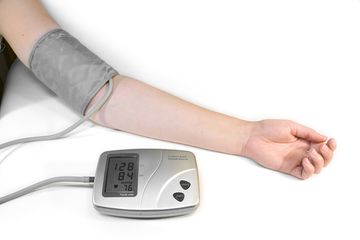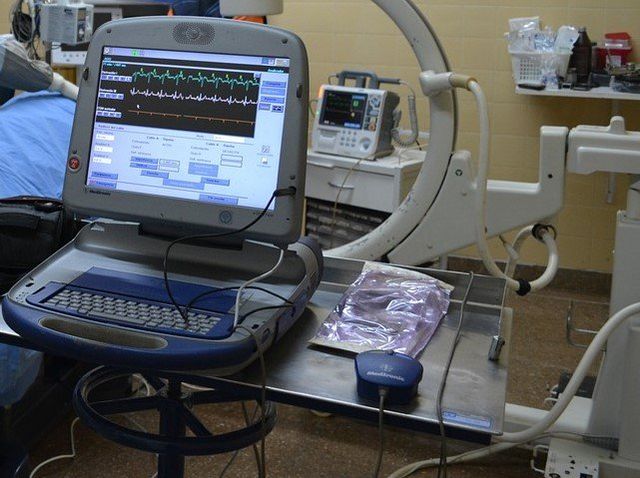Non-Invasive Cardiac Diagnostics
ECG (Electrocardiogram)
An ECG is a display of the electrical activity of the heart. It can be useful to determine irregular heart rate and heart rhythm abnormalities. It can also be used to diagnose coronary heart disease or the occurrence of a heart attack. Finally a routine ECG can help monitor the effects of prescribed cardiac medication.
Echocardiogram
An echocardiogram is an ultrasound of the heart that can be used to visualise the heart structure and blood flow. It is commonly used to assess the heart muscle contraction and valvular function amongst other uses.
Exercise ECG
An exercise ECG is used to record the electrical activity of the heart during exercise. Your consultant may request an Exercise ECG if you suffer from chest pain, shortness of breath, dizziness or palpitations during exercise. An Exercise ECG may also be used to determine blood pressure changes during exercise.

Ambulatory ECG recording (Holter)
A holter monitor records an ECG tracing to monitor the patient's heart rhythm over a period of time. Your consultant may ask you to wear a holter monitor for at least 24-hours and up to 14-days, depending on the frequency of your symptoms. You will be asked to make a record of your symptoms such as palpitations, breathlessness, chest pain or dizziness while you are wearing the monitor.
Ambulatory Blood Pressure Monitoring
A blood pressure monitor measures the patient's blood pressure at regular intervals during a 24-hour period.


Pacemaker and ICD interrogation
Patients with cardiac devices such as a pacemaker or implantable cardiovascular defibrillator (ICD) require regular follow-up at the Pacing Clinic to ensure that the device is functioning well. A device interrogation can also provide information on any rhythm abnormalities recorded by the device. The cardiologist can use this information to alter medical treatment.
